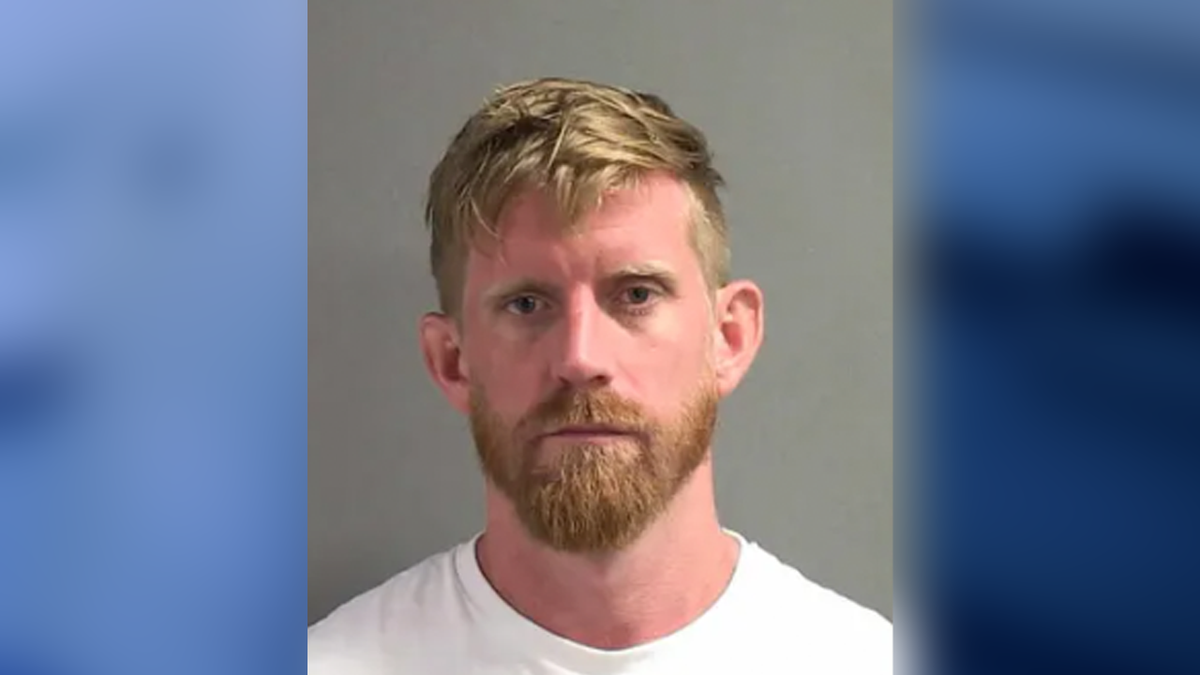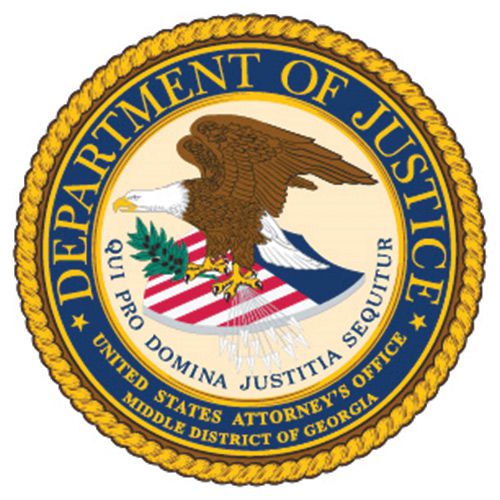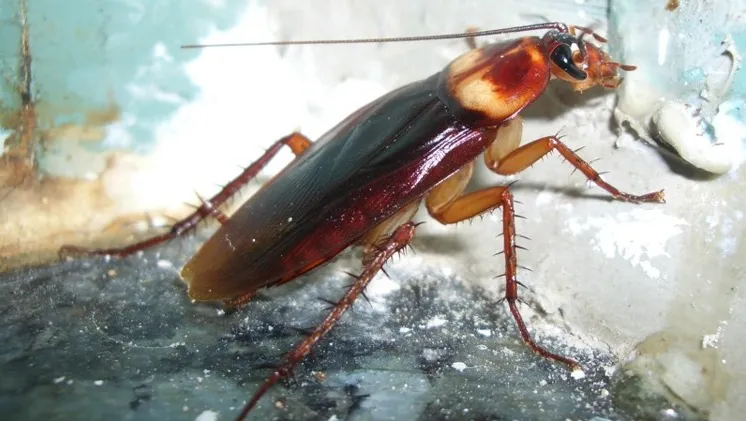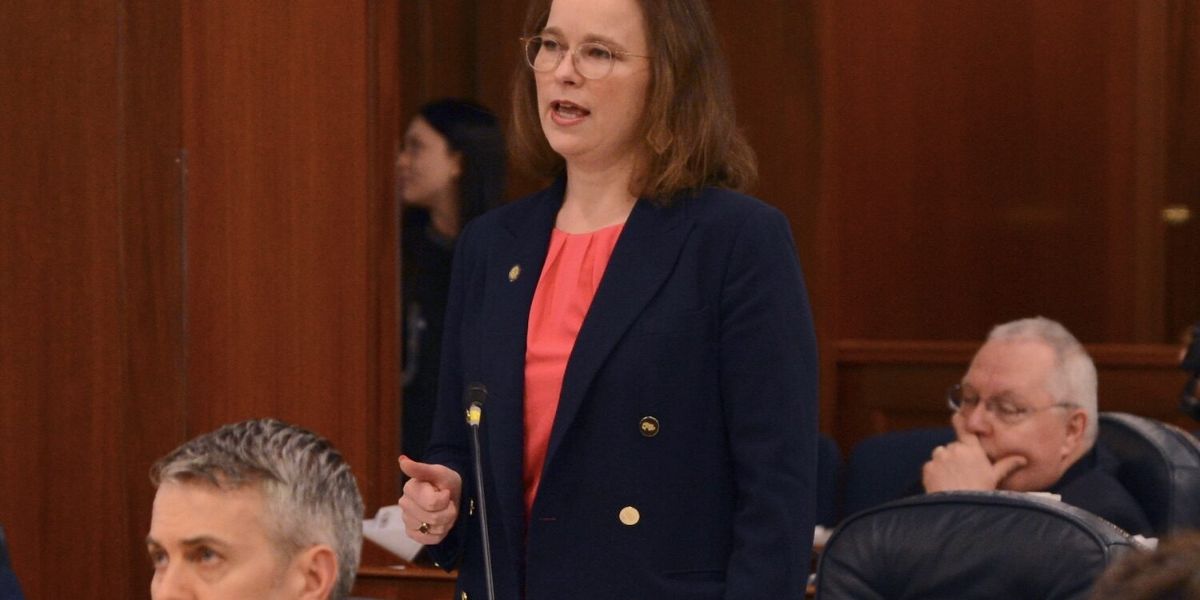Alaska House Passes Social Media Ban for Children Under 14: Bipartisan Support and Parental Authorization
The Alaska House of Representatives adopted a plan Wednesday that would prohibit children under the age of 14 from creating social media accounts. The clause was added as an amendment to an unrelated bill requiring adult websites to verify that visitors are 18 or older.
Rep. Andrew Gray, D-Anchorage, said he got inspiration for the social media proposal from an odd source: a conservative Republican governor thousands of miles away.
“This amendment is almost verbatim based on a bill signed into law last month in Florida drafted by Gov. Ron DeSantis,” Gray told colleagues during the late-night meeting. The term “verbatim” may be a stretch, considering the 20-page Florida law was introduced in the Alaska House as a three-page amendment.
- Auto Insurance Shopping Rises in Response to Soaring Insurance Rates: Report
- Avoid These 7 Missteps When Refinancing to a Lower Mortgage Rate
- Rising Home Prices Amid Slight Mortgage Rate Dip: Analysis
- Fresno County’s Groundbreaking Initiative: $500 Monthly Payments in New Guaranteed Income Program, Here is Who is Eligible
- Unlocking Financial Freedom: 5 Reasons to Opt for Personal Loans in Credit Card Debt Repayment
But the premise remains the same. The amendment prohibits children under the age of 14 from making profiles on social media networks. If the amendment passes through the rest of the legislative process in the House and Senate and is signed into law, 14- and 15-year-olds will need written parental authorization to open an account. People under the age of 14 will have their existing accounts removed.
“According to the US Surgeon General, nearly 40% of children eight to 12 years old, and 95% of children 13 to 17 years old, use social media apps,” Gray stated, citing a 2023 report from the country’s top doctor. “Teens who spend more than three hours a day on social media double their risk of depression and anxiety.” His colleagues concurred. The Alaska House of Representatives adopted the amendment 27-11 on Wednesday night.
- Will Everyone Get a $12,000 Stimulus Check in 2024? Find Out Eligibility
- $6400 Stimulus Checks in 2024: What You Need to Know About Eligibility and Payment Dates
- IRS 4th Stimulus Check 2024: Comprehensive Guide to Eligibility and Payment Dates
- 3 Smart Moves to Make Once Your Savings Reach $50,000, Here Are Crucial Actions to Take
- 3 Effective Ways to Pay Off Student Loans on a $50K Salary or Less, Know Here!
The amendment is attached to a bill that the Republican chair of the House Judiciary Committee, Rep. Sarah Vance, R-Homer, has identified as a priority for the final few weeks of the legislative session: requiring adult websites to use a “commercially reasonable age verification method” to ensure users are 18 or older. More than a dozen other states have approved similar measures requiring age verification.
Gray is a member of the largely Democratic and independent House minority caucus, thus the sequence of events is unique. Normally, when a bill comes to the floor, members of the 23-person Republican-led House majority caucus line up to support the law as written. But now and again, a situation arises that reveals fractures in the facade. And the social media ban for children swiftly gained traction.
Soon after Gray offered the amendment, Rep. Jesse Sumner, R-Wasilla, stepped up to endorse it; it is similar to a bill sponsored by Sumner’s House Labor and Commerce Committee. Then, one by one, Democrats and independents came out in support of the social media curbs.
“I think that kids need to be given their lives back, to get to know one another in their neighborhoods, and to have their innocence restored,” said Rep. Andy Josephson, a Democrat from Anchorage.
“As a mother, I am appalled at the thought of my children using social media or the internet one day. “I think looking out for our kids is not a partisan issue,” said Rep. Jennie Armstrong, D-Anchorage, who also applauded DeSantis for “taking the lead” on this subject.
Some of the youngest House members, however, were divided. Rep. Genevieve Mina, D-Anchorage, 28, recalls discovering frightening information on the bizarro imageboard 4chan as a child. She spoke in favor of curbing children’s social media use.
“I don’t usually say that I’m an expert on anything, but I feel like I’m an expert on being a girl on the internet,” Mina told her House colleagues. “I’ve experienced this, right? And I believe there is an essential complexity in this discourse when we talk about social media and its role in young women and girls, as well as the effects on mental health.”
But Alaska’s youngest serving legislator spoke out against the prohibition. Rep. CJ McCormick, D-Bethel, highlighted how social media helped him stay in touch with family and played a significant part in convincing rap singer Kendrick Lamar to visit Bethel after students won a college-prep challenge.
“Unfortunately, Kendrick Lamar did not want to travel to Alaska, so we just received a Skype conversation. But, thanks to some boisterous student council members, we decided to cause quite a media frenzy on Twitter,” McCormick explained.
The social media marketing effort “caught the attention of Taco Bell, who then brought us [NBA star] James Harden, [MTV personality] Sway Calloway, and then it just turned out that Kendrick Lamar was performing at the State Fair, and he actually surprised us and showed up,” he said.
Rep. David Eastman, R-Wasilla, expressed worries about free speech, claiming that the limits on social media were written so broadly that they would keep children away from large swathes of the internet that enable user-generated content, such as Amazon reviews, Google Docs, and comments on news websites. Eastman also stated that age verification regulations may cause non-compliant websites to exclude Alaskans of all ages.
Similar rules aimed at limiting children’s usage of social media have been blocked by federal judges in Arkansas and Ohio.
Others speaking out against the plan, including Vance, the sponsor of the underlying age verification bill, expressed worry that lawmakers had not thoroughly explored the social media limits. “The idea may be merited, but the details of the bill have great importance,” Vance went on to say. “We are not here to share ideas. We are here to pass good laws.”
However, many of her colleagues rejected Vance’s request for additional time, and the amendment passed with strong bipartisan support. For the time being, the House has set a final vote on the combined age verification/social media proposal for Friday.











